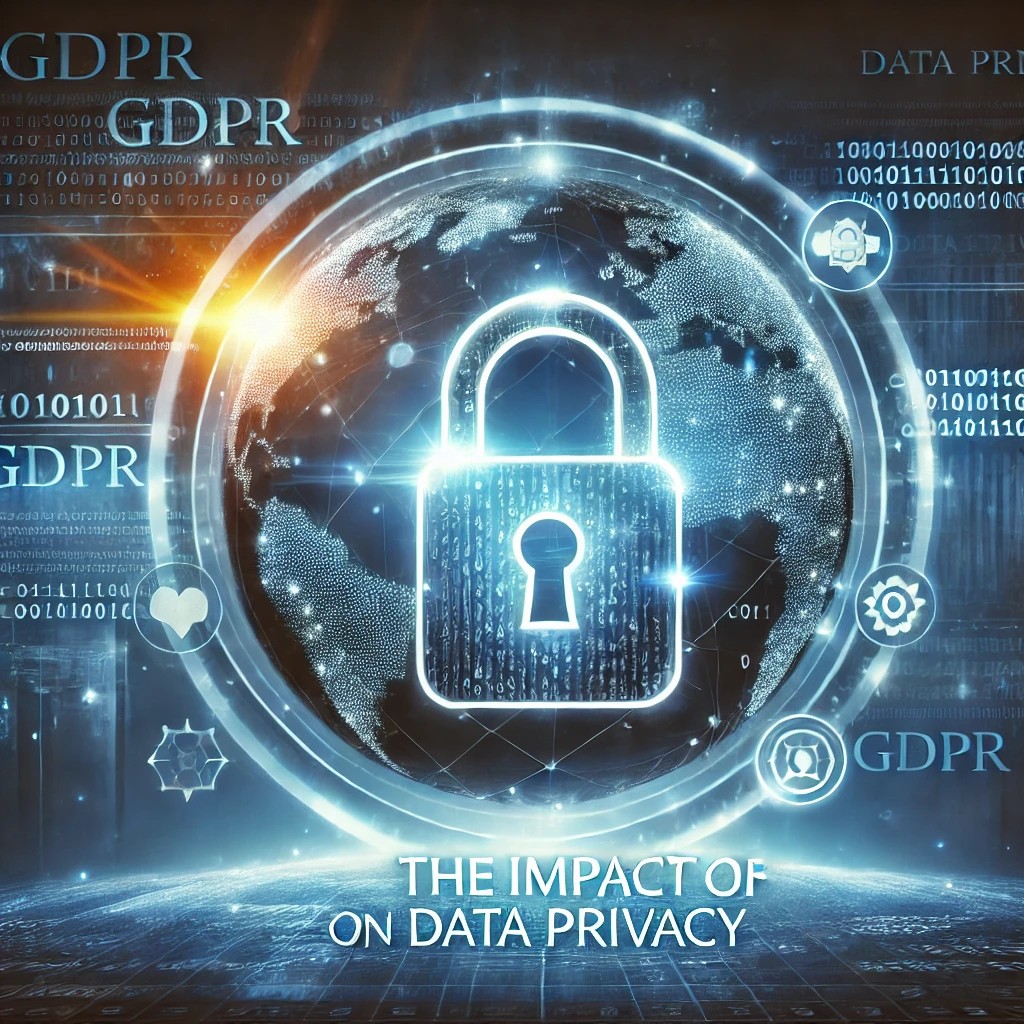In today’s digital age, data privacy has become a paramount concern for individuals and organizations alike. The General Data Protection Regulation (GDPR), implemented by the European Union in May 2018, marked a significant turning point in the global approach to data privacy. This landmark legislation not only transformed how businesses handle personal data but also empowered individuals with greater control over their information. In this blog post, we’ll explore the impact of GDPR on data privacy and its broader implications for the digital landscape.
Strengthening Individual Rights
One of the most profound changes introduced by GDPR is the reinforcement of individual rights regarding personal data. The regulation grants EU citizens the right to access, rectify, and erase their data. Additionally, individuals have the right to data portability, enabling them to transfer their information between service providers seamlessly. The “right to be forgotten” allows people to request the removal of their data from a company’s records under certain conditions. These rights ensure greater transparency and empower users to take control of their digital footprint.
Increasing Accountability for Organizations
GDPR imposes strict obligations on organizations that process personal data. Companies must demonstrate accountability by implementing robust data protection policies and procedures. This includes conducting regular data protection impact assessments (DPIAs), appointing Data Protection Officers (DPOs) where necessary, and maintaining detailed records of processing activities. Organizations are also required to report data breaches to authorities within 72 hours, ensuring timely action to mitigate potential harm.
The Global Ripple Effect
Although GDPR is an EU regulation, its influence has extended far beyond Europe. Companies operating internationally must comply with GDPR when handling the data of EU citizens, regardless of their location. This extraterritorial reach has prompted many businesses to adopt GDPR-compliant practices globally, raising the standard for data protection worldwide. Furthermore, several countries have introduced or updated their privacy laws to align with GDPR principles, including Brazil’s LGPD and California’s CCPA.
Challenges and Criticisms
While GDPR has undoubtedly improved data privacy, it has also presented challenges for organizations. Compliance requires significant financial and operational investments, particularly for small and medium-sized enterprises (SMEs). Additionally, critics argue that the regulation’s complexity can lead to inconsistent interpretation and enforcement across member states. Despite these hurdles, GDPR remains a critical step toward ensuring accountability and protecting individual privacy in an increasingly data-driven world.
The Future of Data Privacy
The introduction of GDPR has set a precedent for the future of data privacy. As technology continues to evolve, new challenges will emerge, necessitating further advancements in regulatory frameworks. Artificial intelligence, big data analytics, and the Internet of Things (IoT) will test the boundaries of current privacy laws, calling for continuous adaptation to protect individuals’ rights. GDPR serves as a foundation upon which future regulations can build, fostering a culture of transparency and trust in the digital ecosystem.
Conclusion
The impact of GDPR on data privacy is undeniable. By establishing stringent guidelines and empowering individuals, the regulation has reshaped how personal data is handled and protected. While challenges remain, GDPR has set a high standard for data privacy, inspiring global efforts to create a safer and more transparent digital environment. As we move forward, the lessons learned from GDPR will continue to shape the future of data protection, ensuring that privacy remains a fundamental right in the digital age.
